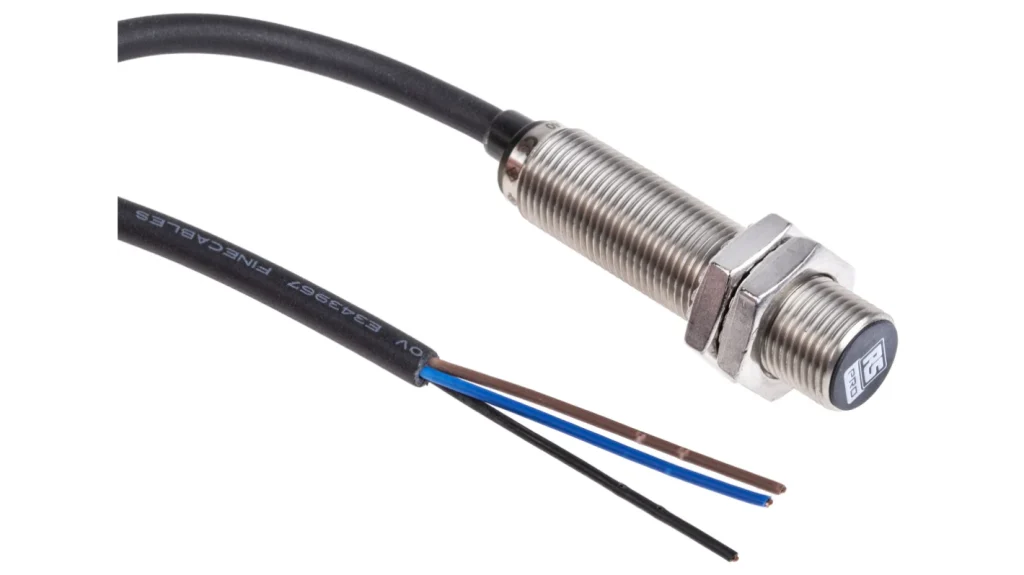In today’s fast-paced and technology-driven world, smart sensing has become a crucial component of modern systems across industries. Proximity sensors, in particular, have revolutionized automation, safety, and efficiency in numerous applications, from industrial manufacturing to consumer electronics. As a key player in this transformation, a proximity sensor manufacturer plays a significant role in advancing smart sensing technologies, enabling businesses to enhance performance, reduce costs, and improve overall system intelligence. Proximity sensors are designed to detect the presence or absence of objects without requiring physical contact. This capability makes them indispensable in industries such as automotive, robotics, healthcare, and industrial automation. Unlike traditional mechanical switches that are prone to wear and tear, proximity sensors offer a non-contact sensing solution, improving longevity and reliability. A leading manufacturer of these sensors continuously innovates to develop cutting-edge technologies, integrating advanced materials, miniaturization, and artificial intelligence AI to create smarter and more responsive systems.

One of the primary advantages of proximity sensor supplier is their role in enhancing automation. In industrial settings, these sensors help streamline operations by detecting objects on production lines, triggering machine actions, and ensuring precision in manufacturing processes. For instance, in the automotive sector, proximity sensors are widely used in advanced driver assistance systems ADAS, enabling features such as automatic braking, parking assistance, and collision avoidance. A top-tier proximity sensor manufacturer invests in research and development to push the boundaries of what these sensors can achieve, leading to safer and more efficient transportation systems. Another significant impact of a proximity sensor manufacturer is in the realm of safety. In hazardous environments such as chemical plants, oil refineries, and construction sites, proximity sensors help prevent accidents by detecting dangerous conditions and triggering alerts or automatic shutdowns. They are also integral to security systems, where they detect unauthorized access, control entry points, and enhance surveillance technologies. By manufacturing high-precision sensors with robust performance in extreme conditions, manufacturers contribute to workplace safety and operational security.
In addition to industrial and safety applications, proximity sensors have become a staple in consumer electronics. From smartphones that automatically turn off the screen when held close to the ear to touchless faucets and smart home systems, these sensors enhance user convenience and energy efficiency. A omch proximity sensor manufacturer continuously refines sensor technology to be more compact, power-efficient, and capable of integrating with the Internet of Things IoT. This advancement paves the way for smarter, more intuitive gadgets that respond seamlessly to user interactions. Moreover, sustainability is a growing focus for proximity sensor manufacturers. By producing energy-efficient sensors with low power consumption, manufacturers contribute to reducing environmental impact. Additionally, proximity sensors enable predictive maintenance in industrial systems, allowing businesses to detect equipment failures before they occur, thereby reducing downtime and minimizing waste. As industries transition toward greener and more sustainable practices, the role of a proximity sensor manufacturer in enabling smart, eco-friendly solutions becomes even more vital. Proximity sensor manufacturers are at the forefront of technological advancements that drive smarter systems across various industries.
